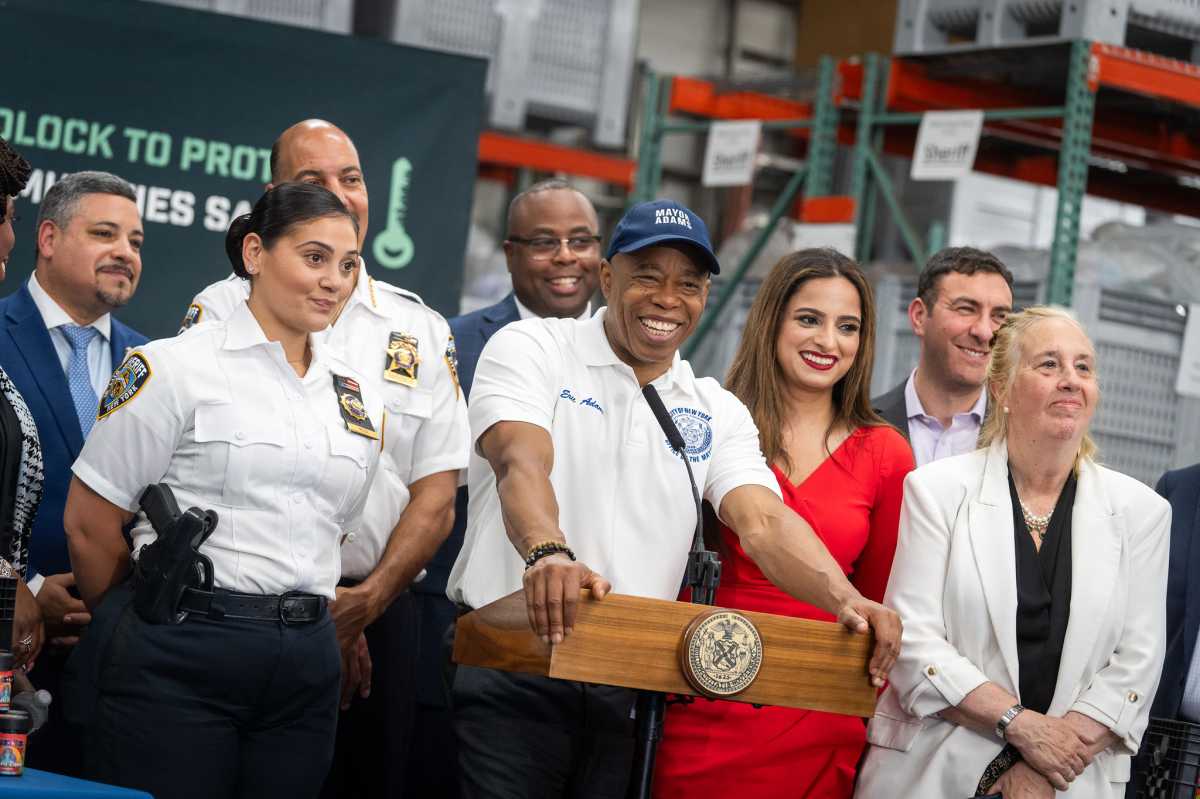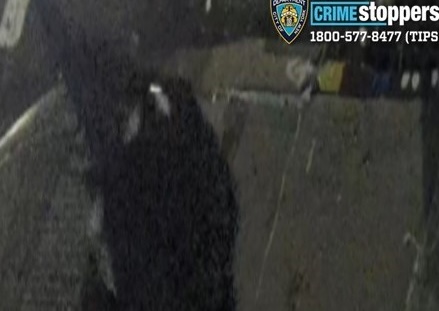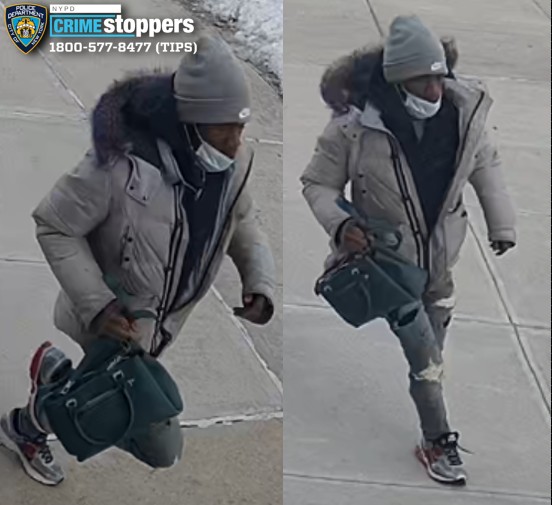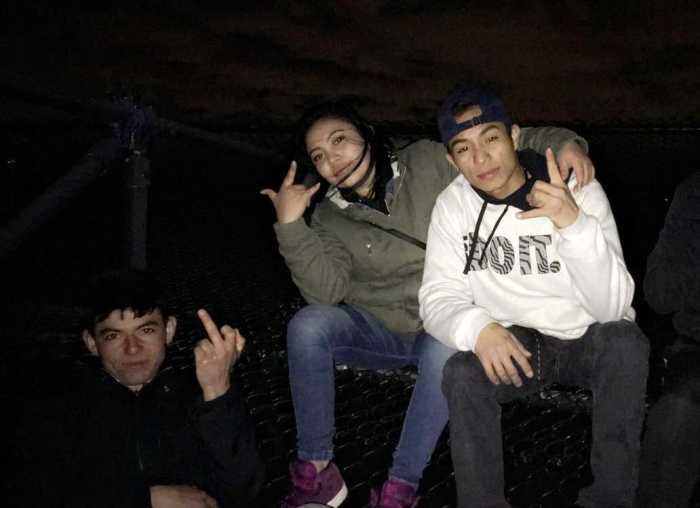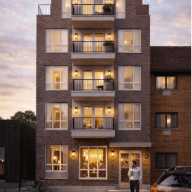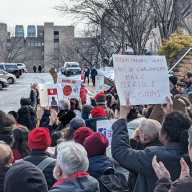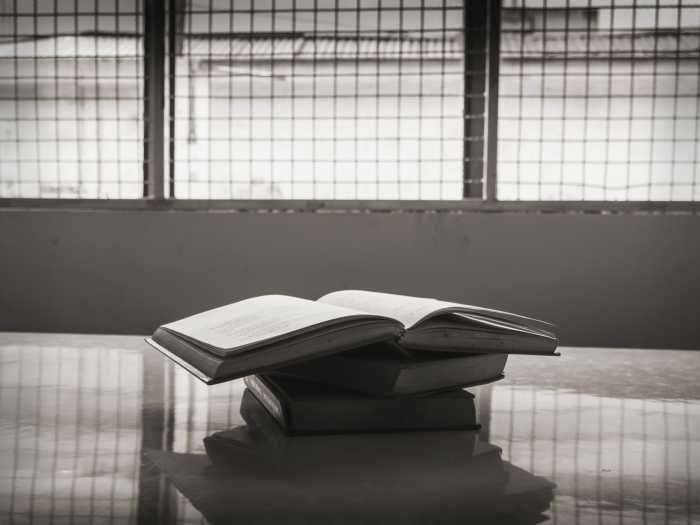A targeted operation launched in May to shut down illegal smoke shops has led to the shuttering of over 195 locations in Queens and hundreds more throughout the five boroughs, New York City Mayor Eric Adams announced at a press conference in the Bronx Wednesday.
The Mayor’s announcement celebrated a months-long campaign to rid New York City streets of illegal cannabis vendors as part of “Operation Padlock to Protect”— a multi-agency task force comprised of the NYC Sheriff’s Office, the NYPD and the Department of Consumer and Worker Protection (DCWP).
The Adams administration revealed a total of 779 shops were shuttered across New York City since the task force’s inception in May, with $65,671,487 issued in fines and $41,443,792 seized in illegal cannabis products.
The mayor expressed his appreciation of the agencies responsible for enforcing Operation Padlock to Protect, as well as Gov. Kathy Hochul and legislators in Albany who expanded their enforcement powers through legal reforms. Hochul attended the press conference, which was held in a Bronx warehouse filled with confiscated cannabis products.
“In the three months since launching Operation Padlock to Protect, our administration has delivered major results on a major quality of life and public safety issue,” Adams said.
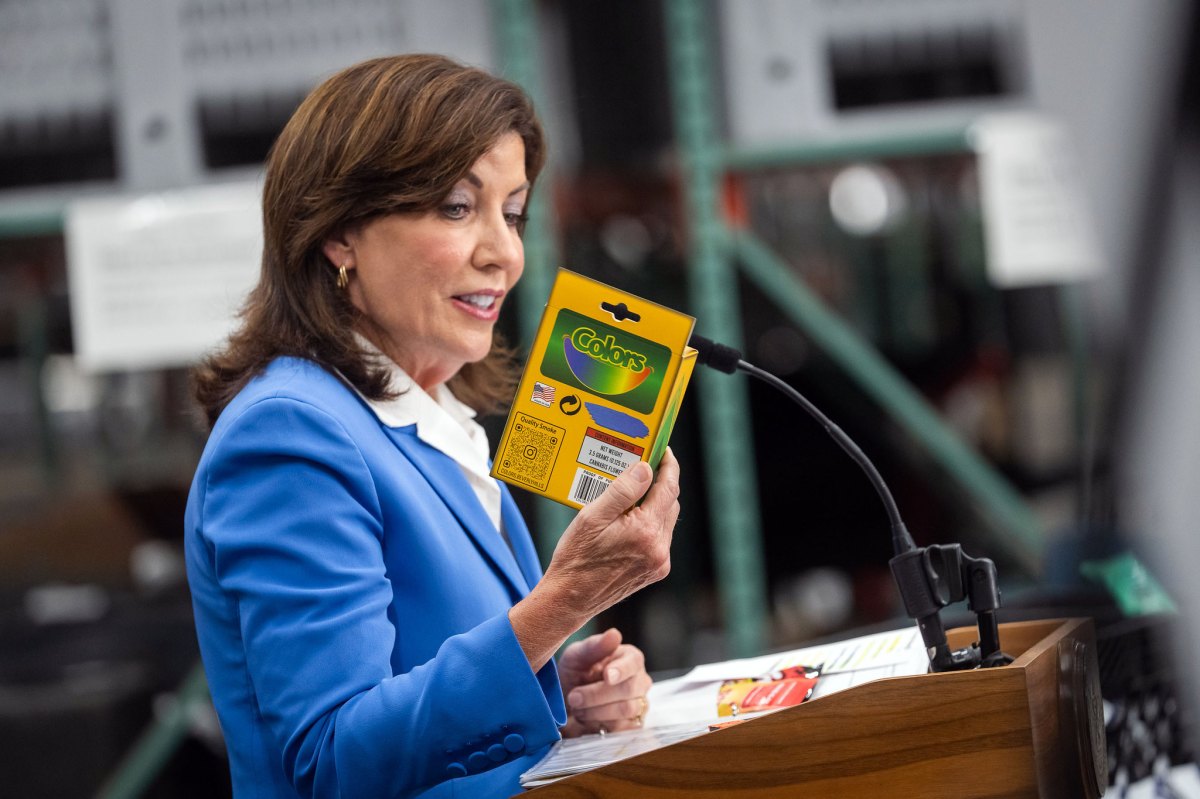
Queens Assemblymember Jenifer Rajkumar, who first introduced legislation calling for local municipalities to be given greater powers to shutter smoke shops, joined the mayor at the announcement.
Rajkumar’s SMOKEOUT Act paved the way for city legislators to combat the rise of illegal smoke shops in their districts. While her bill did not become law as a standalone piece of legislation, much of what it entailed made its way into the state budget.
“I was proud to mobilize New Yorkers across all five boroughs to pass the SMOKEOUT Act in the state budget, authorizing the city to shut down illegal smoke shops for good,” said Rajkumar. “Mayor Adams, NYC Sheriff Anthony Miranda and Commissioner Caban immediately sprung into action with the spectacularly successful Operation Padlock to Protect.”
Rajkumar spearheaded a campaign rallying New Yorkers to pressure their state lawmakers to pass the SMOKEOUT Act into law prior to the state budget being passed.
At long last, Hochul launched an initiative earlier this year to clamp down on illegal smoke shops based on Rajkumar’s bill that was in the state budget.
Since the budget passed, the New York State Office of Cannabis Management and law enforcement—such as the NYPD—has gained the legal capacity to padlock illicit smoke shops and levy hefty fines on landlords who knowingly allow illegal cannabis activity on their properties.
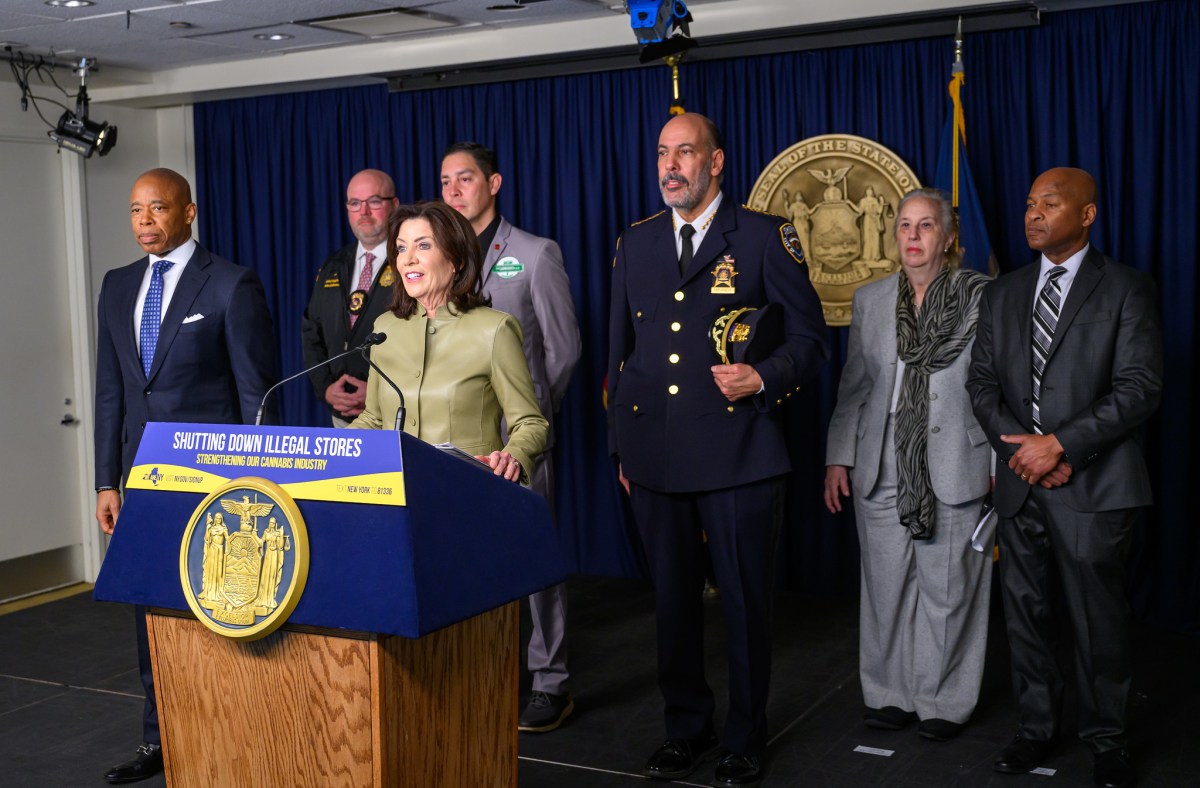
Hochul also paid tribute to the enforcement units that have overseen Operation Padlock to Protect.
“Today, I am pleased to join Mayor Adams and other officials to celebrate a milestone and recognize the enforcement teams who shut down more than 1,000 unlicensed stores statewide, bringing us closer to our goal of building the strongest, most equitable cannabis industry in the nation,” Hochul said.
Prior to the passage of the state budget, and the launch of Hochul’s initiative, Queens legislators remained the driving force behind the efforts to rid their communities of individual smoke shops. Many of the lawmakers prompted by crime and constituent calls for action.
For instance, State Sen. Joseph P. Addabbo Jr. successfully shuttered The Plug Smoke Shop on Jamaica Avenue in Richmond Hill— prompted by the March 2023 shooting death of a 20-year-old killed inside. Addabbo managed to shut down the shop with the help of the NYPD months after the murder and after discovering that it had reopened following the shooting.
He also able shut down an illegal smoke shop that opened directly across from his Woodhaven office in October. The NYC Sheriff’s Joint Compliance Task Force conducted a raid, and the operator of the illegal shop was arrested and fined $56,000.
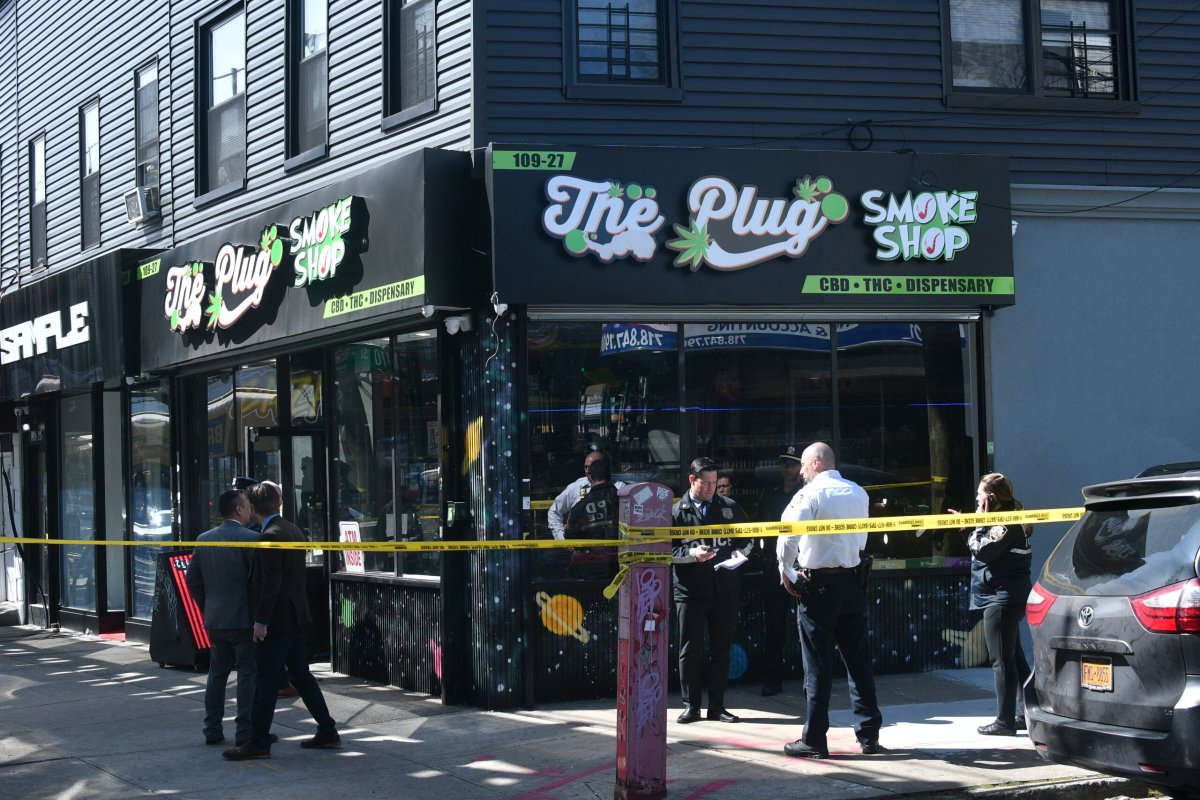
Additional Queens legislators also took measures to combat illegal smoke shops. Council Members Lynn Schulman and Joann Ariola co-sponsored and passed a bill in 2023 that fines landlords who knowingly rent storefronts to smoke shops selling cannabis without a license.
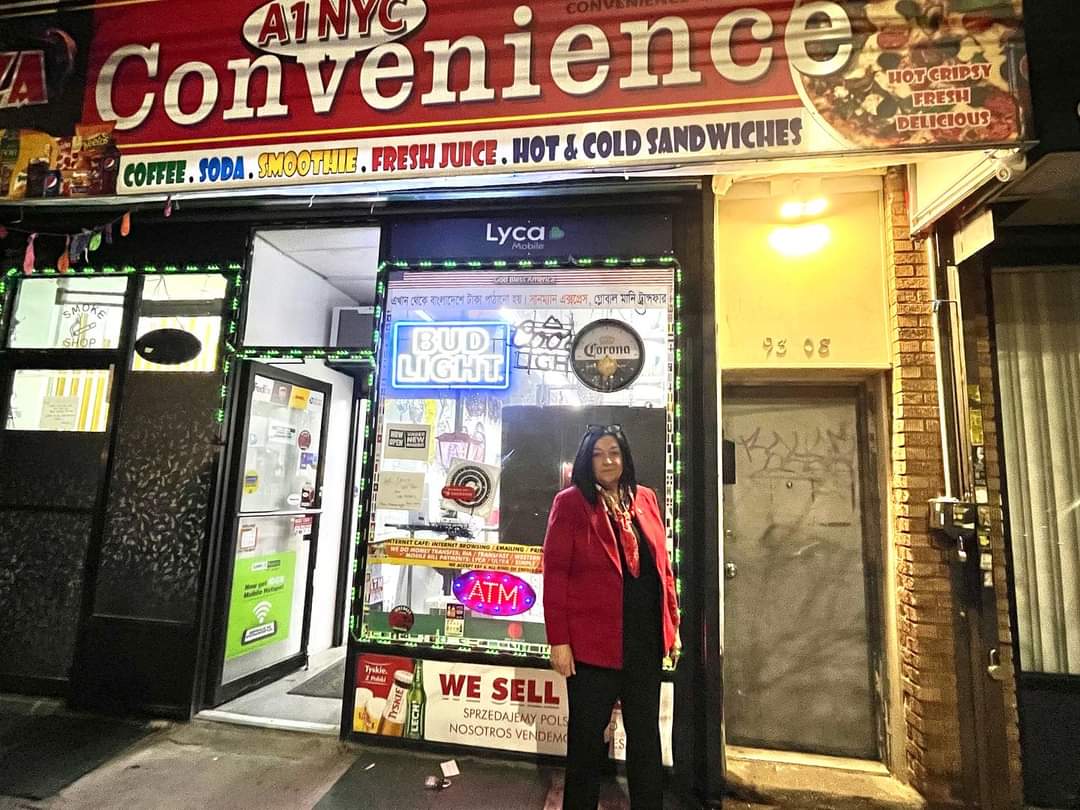
Council Member Robert Holden, representing neighborhoods in District 30, also sponsored legislation last year that would allow the Commissioner of Consumer and Worker Protection to terminate a store’s tobacco dealer license if it has a record of illegally selling cannabis. The legislation, however, has not passed.
Holden also worked with NYC Sheriff Miranda to raid smoke shops in his district. Miranda raided three smoke shops in Middle Village and removed thousands of dollars worth of illegal cannabis and tobacco products.
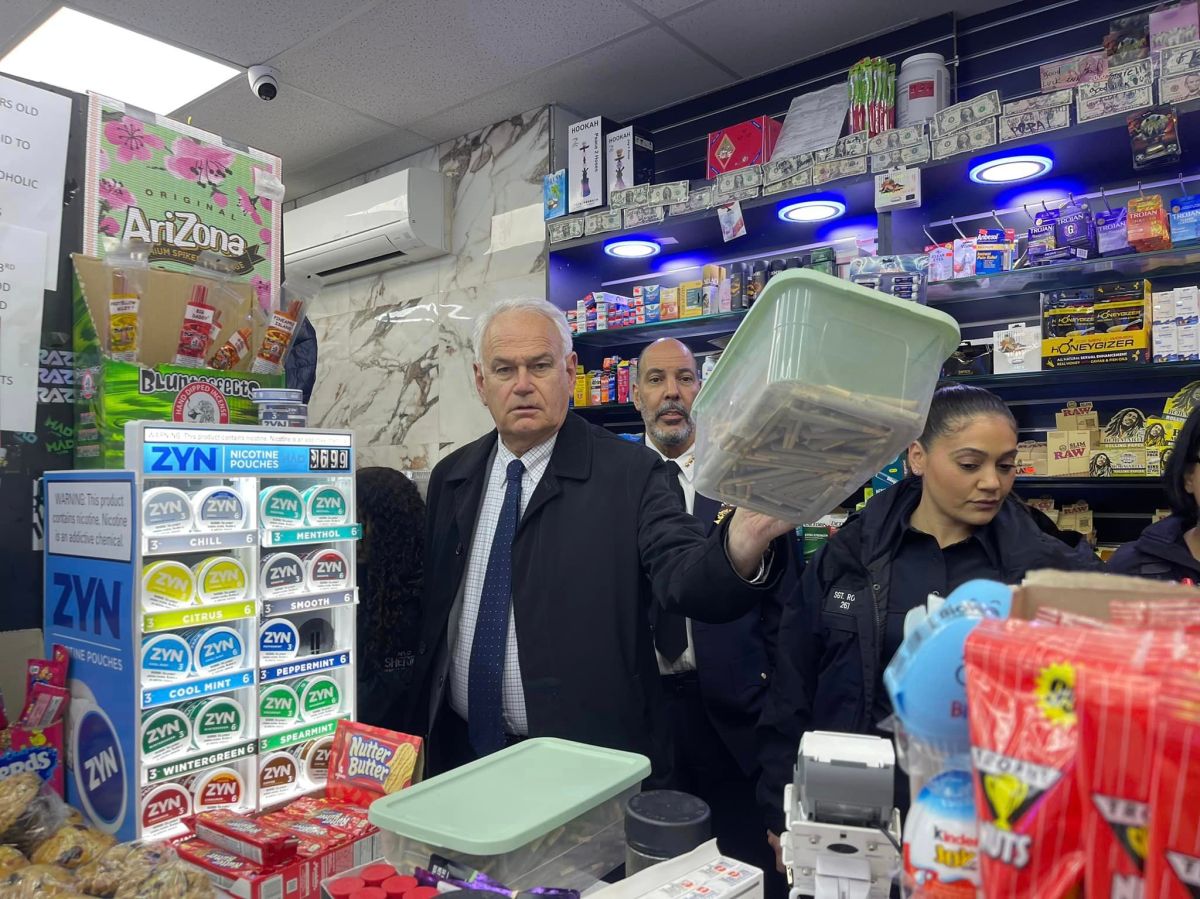
During this time, legislators expressed stern criticism of the State Office of Cannabis Management’s rollout of the cannabis laws, citing the thousands of illegal pot shops that have emerged across the city. The state, when it passed the Marijuana Regulation and Taxation Act (MRTA) in 2021, permitted cannabis use but restricted sales of the product to licensed vendors. The state began the process of licensing vendors shortly after the passing of the MRTA, but the process was slow.
The OCM tried to enforce the laws by doubling its efforts to shut down illegal vendors, but the large number of illicit businesses overwhelmed the agency.
The presence of illegal smoke shops selling cannabis products in Queens also made it difficult for applicants seeking to operate legal cannabis dispensaries in accordance with the rules set by the OCM.
Applicants, given the plethora of illegal businesses, faced headwinds when they went before community boards and announced their proposed locations. However, many legal cannabis vendors have opened across the borough in recent months.
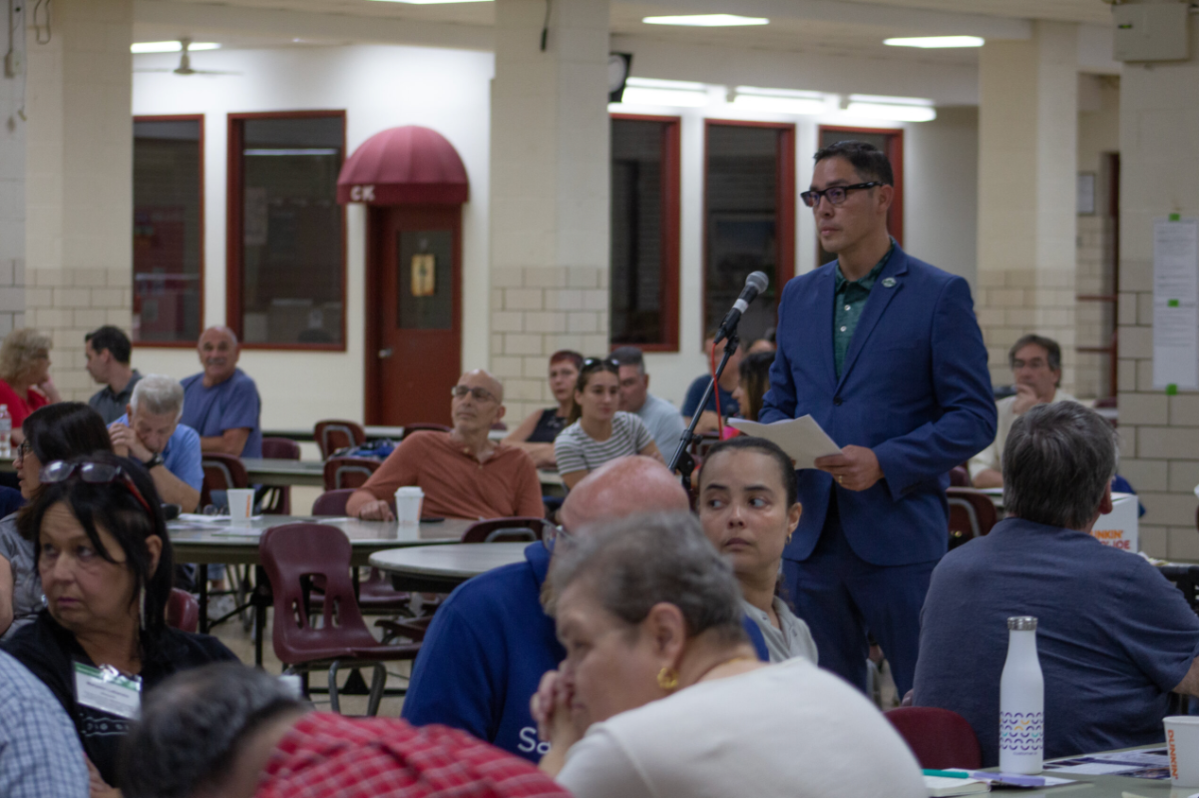
Ridgewood’s Community Board 5 spent months discussing the impact of allowing legal adult-use recreational cannabis dispensaries to open in the neighborhoods, as the guidelines from OCM on where the legal storefronts can set up shop were left up to the interpretation of the community board.
The community board turned away several other applicants, citing problems with their proposed storefront locations—noting their proximity to schools and houses of worship.
Much of the confusion regarding where the legal cannabis shops could open derived from OCM guidelines, deemed unclear by critics.
Eventually, despite heavy pushback and an unclear level of community support, the first cannabis storefront permitting recreational use, called The Cannabis Place, opened in Middle Village. Many additional legal recreational cannabis dispensaries began to boom across the city at the time.
The crackdown of illegal smoke shops across the city is apparent and it’s clear that the city has doubled its efforts in recent months. However, it is unclear if a new challenge will arise from the city attempting to shutter the illegal smoke shops that remain in operation under a more discrete appearance.

